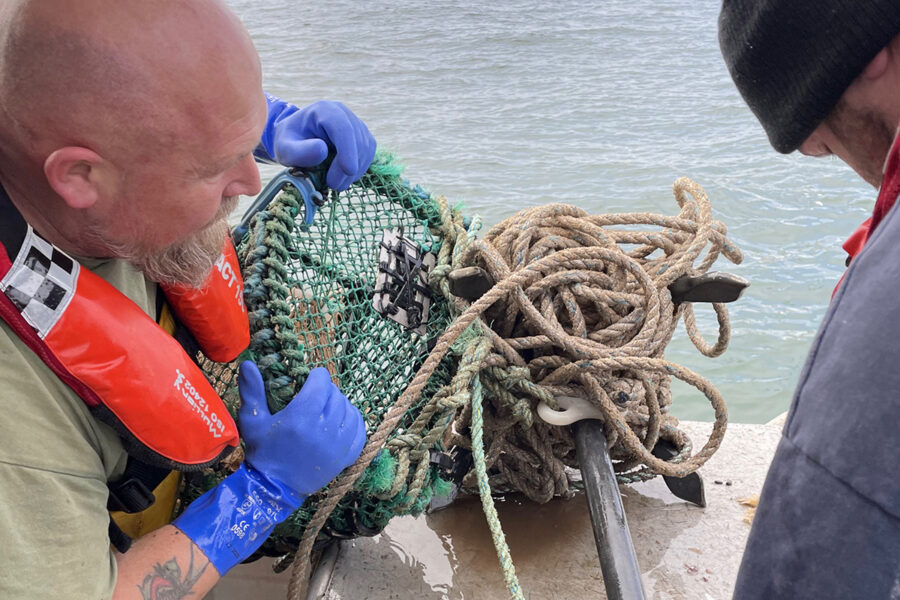With the UK fisheries minister aiming to designate just 0.53% of English waters as HPMAs, while the Scottish government is in the middle of a consultation on its aspirations to designate 10% of the Scottish portion of the UK’s EEZ, the risks of a policy rift between administrations seems high.
It looks to be even higher with the UK minister confirming to MPs last week that he expects the UK to retain designating powers for HPMAs throughout the UK EEZ beyond 12 miles – quite possibly regardless of Scottish government proposals after its consultation closes on 20 March.
Scottish politicians may in fact relish the opportunity to use the negative impact of HPMA designations on the fishing industry as a further excuse for a row about independence, and the powers of Holyrood relative to those of Westminster.
It doesn’t take a giant leap of imagination to see the Scottish government feigning horror but actually enjoying an opportunity to condemn UK ministers for preventing them meeting Scottish government aspirations for HPMAs in Scottish waters.
Additional spatial squeeze can be blamed on Westminster. ‘We would have allowed wind farms and you’d have lost less fishing ground, but London wouldn’t let us’ would be messaged to the fishing industry. ‘We would have designated differently if London hadn’t imposed its own conditions outside of 12 miles and diluted our conservation efforts’ would be messaged to wildlife groups. Win/win in political point scoring, lose/lose for fishermen and the environment.
Perhaps FN is being too cynical, and too pessimistic. As an industry, however, we have all too many memories of being used as poster boys during political campaigns, with multiple promises that drop off the radar once campaigning is over.
It is vital that the designation of HPMAs, and activities allowed within them, does not become part of a political fight that in reality is about other issues. The fishing industry has repeatedly emphasised how important it is that designation is driven by good science and data, and that it also takes account of the impact of displacement.
Reducing this to a fight between administrations risks the worst of all outcomes, with negative impacts for fishing and offshore energy and few benefits to overall conservation or the marine environment. We deserve better than this, and hope our pessimism will prove to be wrong.
This story was taken from the latest issue of Fishing News. For more up-to-date and in-depth reports on the UK and Irish commercial fishing sector, subscribe to Fishing News here or buy the latest single issue for just £3.30 here.








